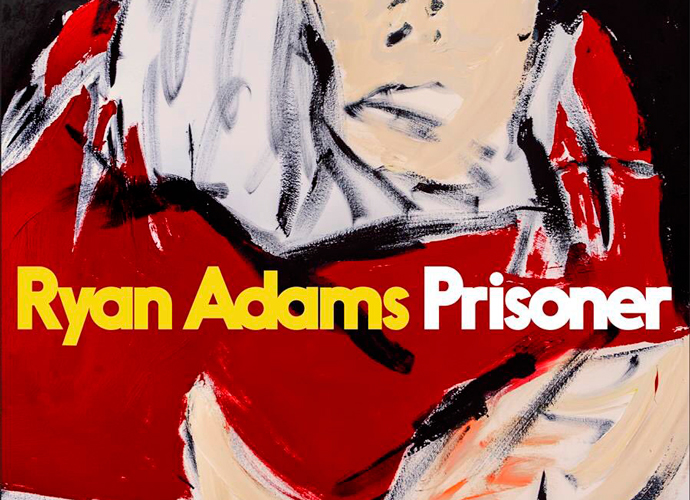‘Prisoner’ By Ryan Adams Album Review: Singer Misses Ex-Wife And Isn’t Afraid To Say So

4/5
Ryan Adams’ sixteenth studio album, Prisoner, was released on Friday to abundant praise from critics and fans alike. Coming off of his 2015 release of 1989, a track-for-track cover of Taylor Swift’s album of the same name, on Prisoner, Adams gets back to making original music.
Prisoner’s most notable sonic quality is its instrumentation – one used often in ‘80s rock-n-roll. Marching to the beat of stadium drums snapping at a nodding pace, Adams’ moody guitar and raspy voice command melodies that will sound familiar to any fan of soft rock.
Adams’ affinity for the era is well documented – if he thought that Swift’s 1989 was a soliloquy to his favorite time, he didn’t realize his err until after he had fully committed to the cover album.
His newest album is the first since his divorce from Mandy Moore, which began in early 2015 and was finalized this past summer. With songs titled, “Do You Still Love Me,” “To Be Without You” and “Broken Anyway,” Prisoner is as much break-up album as it can be. More specifically, is a first-month-of-a-break-up album and not a remember-that-terrible-break-up? album.
The first track, “Do You Still Love Me,” begins with a panning organ, submerging the listener in Ryan’s painful heartbreak. Suddenly, a swift down stroke on the guitar reminds the listener that with pain also comes anger.
But this anger and brooding heartbreak doesn’t overstay its welcome, as Adams transitions to a more reflective and wistful sound for the remainder of the album.
Lyrically though, his words speak to a very frank pain that, at times, is difficult to listen to – not because it speaks to some deep truth but because there are only so many ways to say that you miss your ex with out sounding corny.
“I am a prisoner for your love,” Adams sings on the album’s title track. While this lyric on its own is already a cliché, in the canon of the album it becomes even more tired and overused.
Even on one of Prisoner’s strongest tracks, “To Be Without You,” Adams sings, “Every night is lonesome and is longer than before, nothing really matters anymore.” Adams conjures the image of a lonely bedroom on several songs on Prisoner and this repetition is the only dark spot on an otherwise interesting album.
To keep things even more sonically interesting, Adams utilizes non-traditional song structures on several songs on Prisoner. With some songs entirely absent of a chorus – Adams instead opts for a brief musical phrase to serve as home base – the album maintains a fresh and unpredictable sound through out.
Despite the dreary cycle of breakup motifs, Prisoner’s careful production, catchy melodies and fresh sound make for a good listen. Surely the lyrics may serve a different and more meaningful purpose if the listener is in the throes of a breakup, but this listener, like many others, is not.
RELATED ARTICLES
Get the most-revealing celebrity conversations with the uInterview podcast!






Leave a comment